Geography 208 Project: Canada's Waste Export to Developing Countries
VerifiedAdded on 2022/08/24
|5
|845
|27
Project
AI Summary
This project analyzes Canada's practice of exporting waste to developing countries, primarily in Southeast Asia and China, highlighting the environmental and international implications. The study explores the concerns raised by these nations regarding the influx of Canadian garbage and the environmental damage caused by inadequate waste management practices and unlicensed recycling facilities. The project also examines Canada's waste generation rates, linked to urbanization and consumption patterns, and contrasts this with municipal waste management programs. The response of countries like the Philippines and China, including war threats and import bans, is discussed, alongside the role of initiatives like Vancouver's "Zero-Waste" program. The project concludes by emphasizing the friction caused by waste export and the need for improved waste management strategies in Canada to prevent environmental damage and international conflicts.
1 out of 5
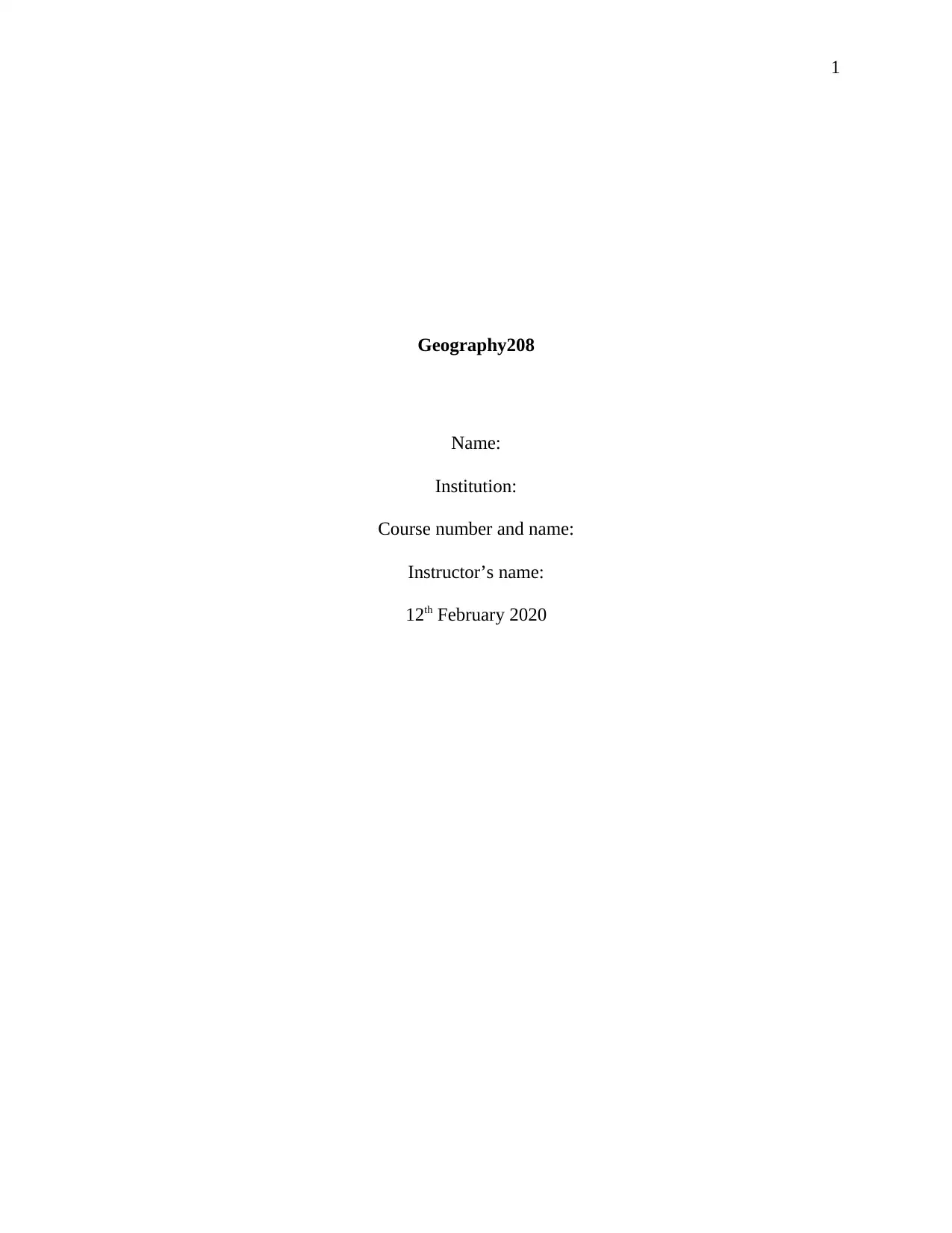
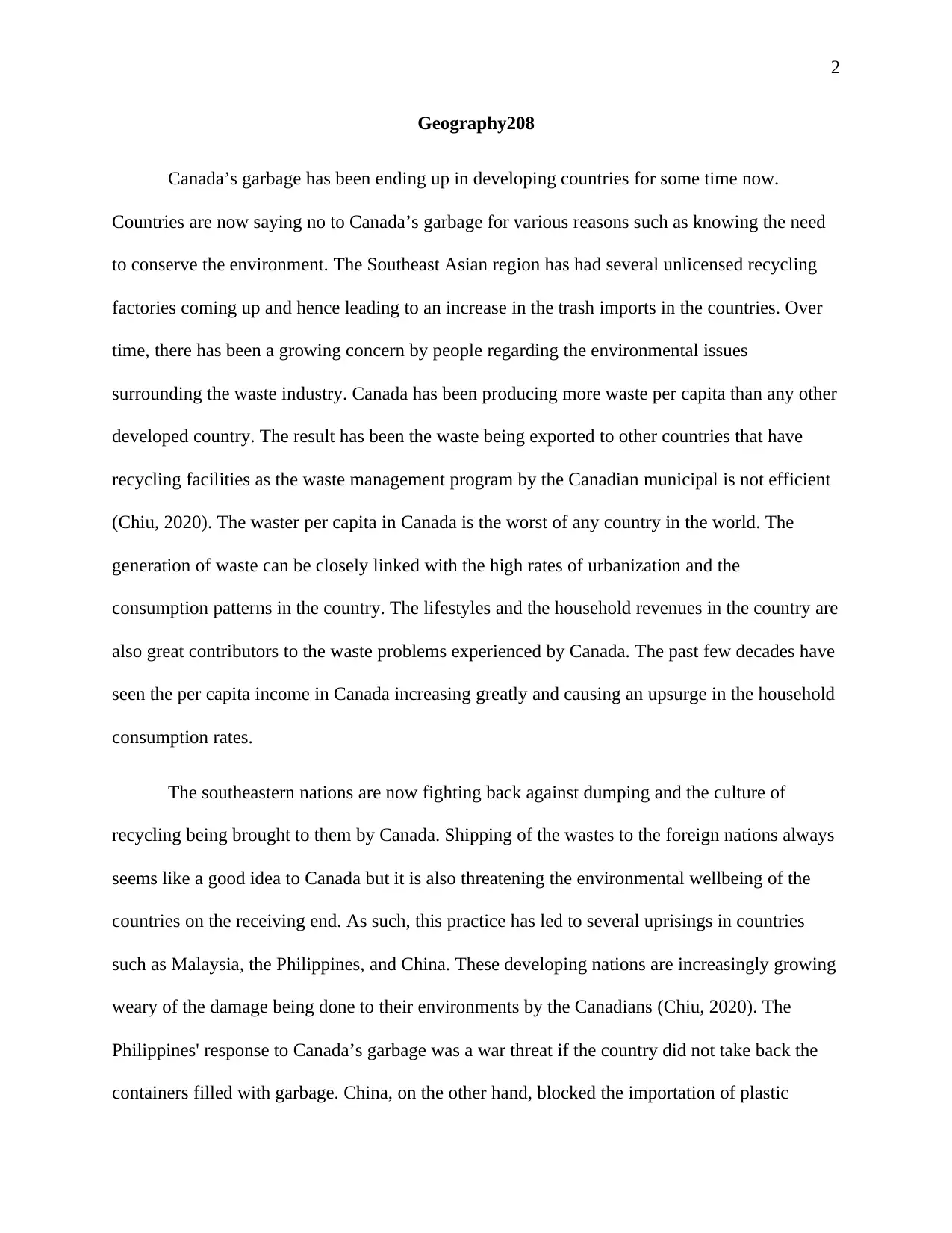
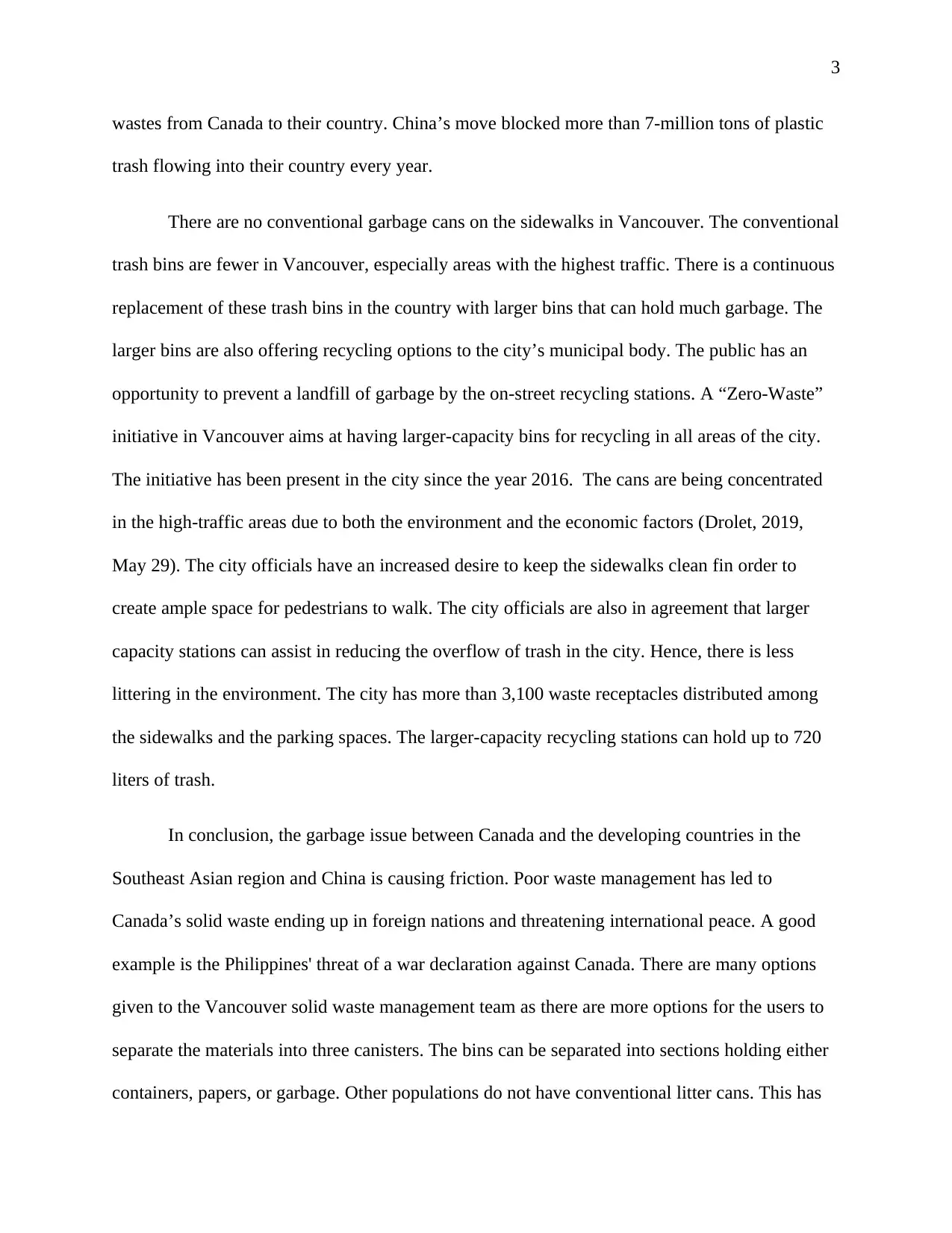

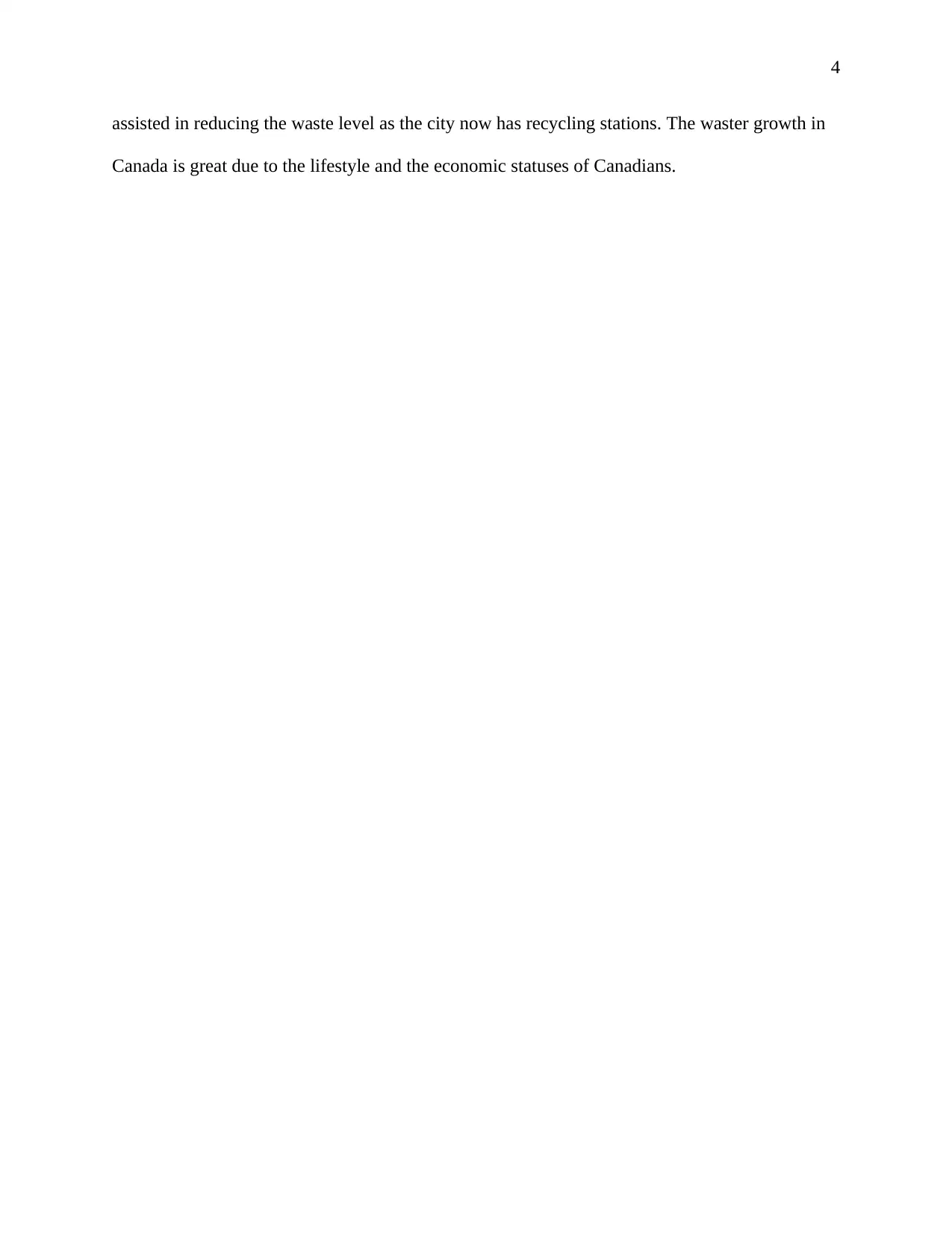
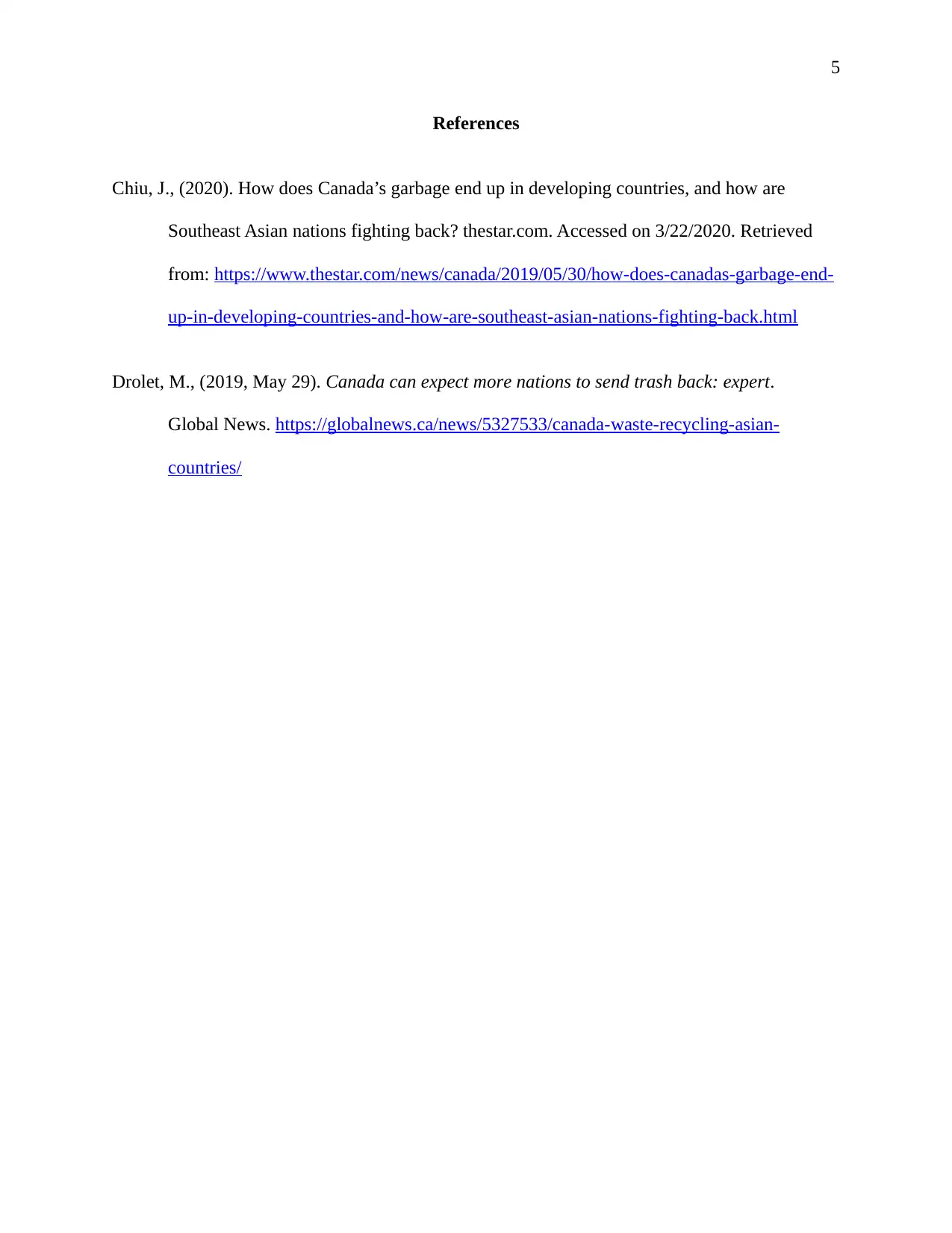
![[object Object]](/_next/static/media/star-bottom.7253800d.svg)